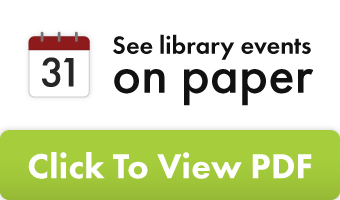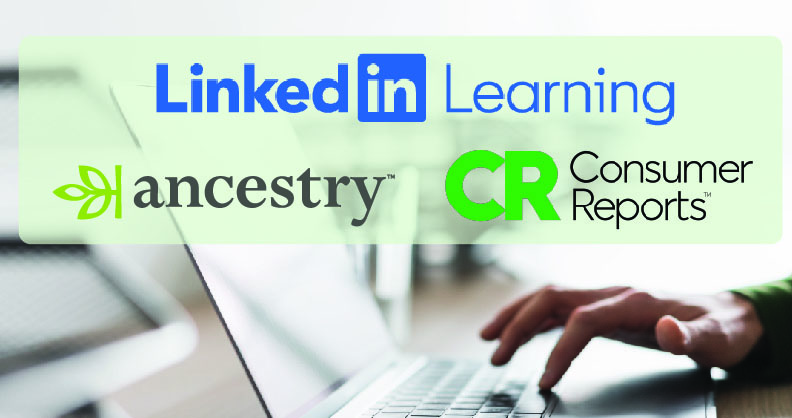Read MHK Young Adult Poetry Books
by Alex Urbanek, Collection Services Librarian
This month’s ReadMHK prompt is poetry, which is a challenge for me, as I am not someone who seeks out poetry regularly. It’s not that I dislike poetry, I just tend to read other things. With my To-Be-Read list constantly growing and forever changing, poetry consistently finds itself further from the top. While I was figuring out what poetry books I might enjoy for this month’s challenge, I learned that Young Adult poetry has a much greater appeal to me than some of the more “classic” poetry I read in high school. Many of the authors and editors who create these books are looking to talk about current serious subjects, and by turning them into smaller lyrical stories instead of novels, they have an immense amount of impact while still holding interest and not being too overwhelming.
“Ain’t Burned All the Bright” by Jason Reynolds, with illustrations from Jason Griffin, released in early 2022 to rave reviews. While at first look this book seems very large, only about ten sentences of text flow throughout. Griffin’s illustrations fill the pages with dynamic mixed-media artwork, which lend more power to the words. Each page looks upon a notebook, filled with different media and moods, the words cut from their printed surface and taped on. Our narrator is a young Black man at home at the beginning of the pandemic. He talks about how each person in his family is dealing with the different stresses. His mother watches the news nonstop as his sister prepares to march in the BLM protests. His younger brother uses his video games as an escape, and his father is alone in the back room with a cough that just won’t stop. The feeling of constant stress and questions is one I am definitely able to relate to after the last few years. This is the first poetry book I have read that combined art and words so completely, and it results in a very strong and beautiful message.
In “You Don’t Have to Be Everything: Poems for Girls Becoming Themselves,” editor Diana Whitney has compiled poems from a wide variety of authors. The poems are organized into different groups of “emotional experience,” such as “Seeking,” “Rage,” “Longing,” and “Belonging.” In the introduction, Whitney states, “I wanted to collect the voices I wish I’d heard when I was a teen.” The end result is a book filled with gorgeous imagery and poems written by strong, hopeful, sometimes angry people, offered up to those who need to feel that someone else understands. While the book is labeled as poetry for girls, anyone who is struggling with strong emotions will be able to relate to the work.
An award-winning novel-in-verse that came out last year is Eric Gansworth’s “Apple: Skin to the Core.” Gansworth is a tribally-enrolled Onondaga writer who was raised in the Tuscarora Nation, and here he details his life from childhood up until adulthood, exploring themes of intersectionality, racism, and vanishing culture, alongside personal paintings and family photographs. He pushes mixed media even further by including references to several Beatles albums and Apple records. In an interview with the Young Adult Library Services Association, Gansworth explains that he wrote this for himself at a younger age: “I wanted someone to affirm that the worries that kept me up at nights were real, and to offer some home for a metamorphosis that suited the young person I wanted to become.”
Another anthology of poems is “Ink Knows No Borders: Poems of the Immigrant and Refugee Experience.” This collection is the work of 64 different poets, each of whom has either been an immigrant or refugee, or is a first-generation American. These poems give you a small peek into the immigrant and refugee experience. Some poems detail the fear of moving to a new country as a child, leaving behind family and the entire world they knew. Others cover losing the culture of their parents in the quest to fit in with peers or watching their parents deal with daily racism. Being able to read about this subject matter from such a wide amount of viewpoints is a major highlight of this title.
The library has these, and so many more wonderful poetry books ready for you to check out! If you’re looking for a recommendation, reach out to our staff at the Reference Desk or sign up for a personalized reading list. Happy National Poetry Month!

